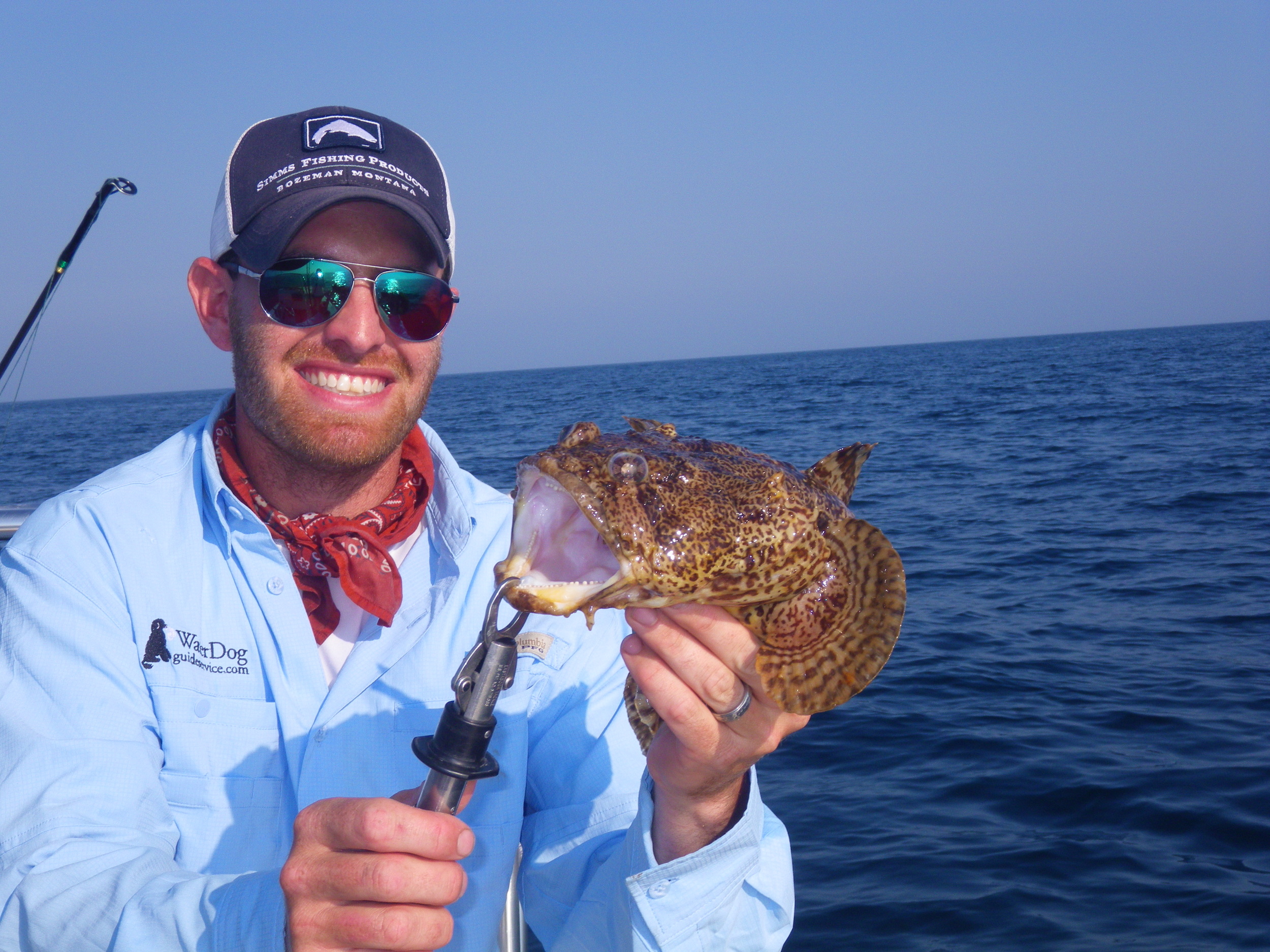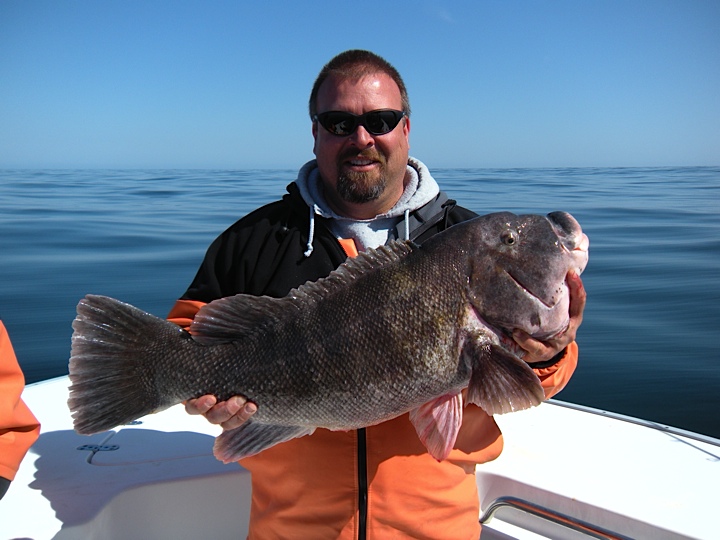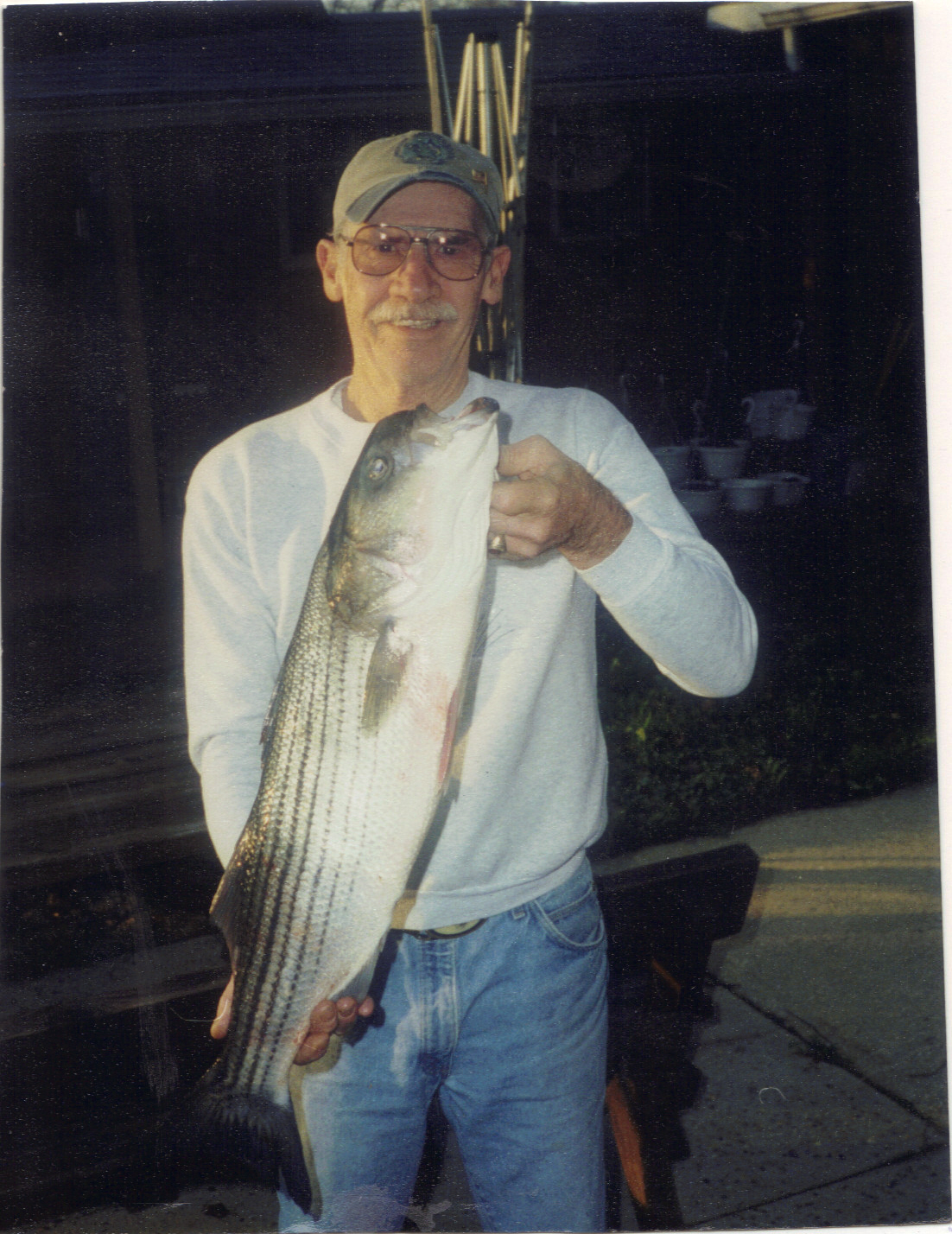http://www.waterdogguideservice.com
After more than a decade of running his own charters off the southern coast of North Carolina, Capt. Tom Roller’s racked up a lot of fish tales.
Ironically, most “don’t revolve around fish.”
Roller, owner and founder of the Beaufort-based WaterDog Guide Service, explains it this way: “I spend a lot of time in a small boat with people. It’s a great way to get to know people really well.”
In return, they get to know the salty waters Roller grew up falling in love with. They get to understand why you can visit North Carolina and, instead of heading 60 miles off-shore toward the Gulf Stream, hunting out the big-game sport fish the Mid-Atlantic Fishery Management Council’s southernmost state is largely known for, they learn about fishing near-shore, in-shore and along marshy flats.
While Roller never promises a big catch or perfect weather, most also walk away with incredible memories.
“Fishing has always been very important to me, and from a very early age, my father and grandfather impressed upon me that fishing was an avenue (to showcase) the importance of family, camaraderie, conservation and the love of the sport.”
A licensed U.S. Coast Guard captain, Roller rolled out WaterDog Guide Service after college in 2002. He offers fishing charters and tours throughout North Carolina’s Crystal Coast – from Beaufort and Morehead City to Atlantic Beach, Pine Knoll Shores and Emerald Isle.
Roller isn’t technically from the coast, having moved around a lot as a kid.
“We did spend a lot of time on the coast, though. My earliest memories are of the saltwater.”
When it came time to pick a place to start his own life, his own family, Roller made his way back to North Carolina, where, today, he lives within 200 yards of the water and spends every day on it.
“Being a full-time guide…is one of the best things that I can offer my clients. Not only am I on the water every single day learning and moving with the habits of the fish, but the success of my business is founded upon the happiness and satisfaction of my clients.”
His feature? Promoting and educating his clients on the fun and intensity you can have with light-tackle and fly-fishing.
“Fishing is not about who can go the fastest or who can sling the biggest fish on the dock – not every person wants to tug on a 300–pound sea monster. Some of us enjoy technique and style as much as anything. In protected waters and within sight of land, the miles of undeveloped barrier islands, winding tidal marshes and three local inlets, offer countless opportunities for fishermen to tangle with dozens of species.”
Asked if Roller has a favorite fish to hunt?
“My answer is always the same – whatever is biting,” Roller writes on his web site. “If it’s a fish, I enjoy trying to catch it, particularly if it requires employing new tactics.”
Roller’s equipment, and tactics, easily vary each trip – likely one of the reasons he can boast multiple citation catches.
“I have two different boats,” Roller said of his 23-foot Parker Deep Vee and a shallow-draft Jones Brothers Bateau. “Can’t really say what my key pieces of equipment are because I easily have 80 different rods. I could give you key pieces of equipment for every situation.”
And every client.
“I love bringing kids out on the boat. One of the greatest things about fishing is being able to pass the love of the sport on to a young one. My Dad started me fishing when I was 3-years-old and I never looked back.”
Roller has a good reputation for working with children, and an even better reputation for working with fathers. Roller has helped fathers throughout the years understand why fighting a good Blue Fish could make a stronger memory for a youngster than searching out that 300-pounder.
Blue Fish jump three feet in the air, Roller said. They pull on the line. And when you’re back at the dock, they are among Roller’s favorite fish to eat.
“Paul Greenberg, in his book Four Fish, comes to this conclusion – (Blue Fish) are a perfect recreational fish. They fight really hard. They jump. And they taste really good fresh. It encourages you not to keep very many of them.”
Greenberg may have written that passage specifically about Blue Fish, Roller said, but that philosophy is an admirable mantra to live by for all species.





